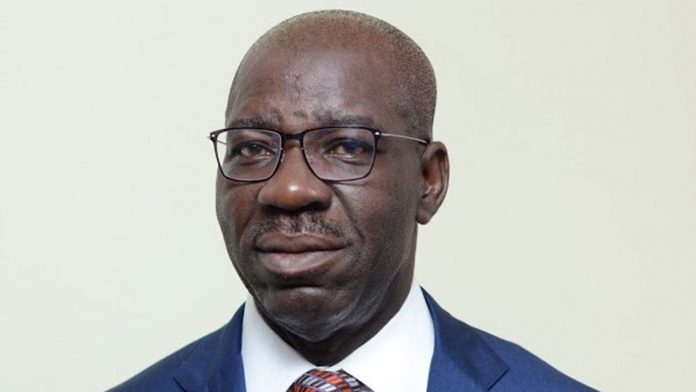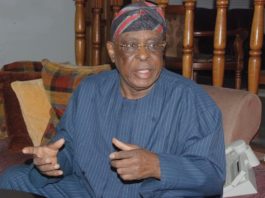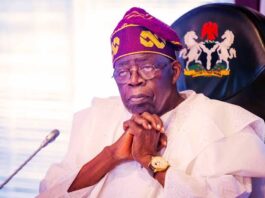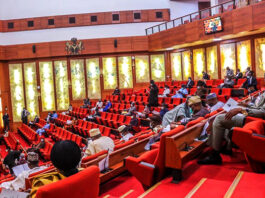Edo State’s outgoing Governor, Godwin Obaseki, has declared his openness to cooperating with the Economic and Financial Crimes Commission (EFCC) after leaving office, emphasizing he has “nothing to hide” concerning his eight years of governance.
Speaking at the EdoBEST National Results-Sharing Session in Abuja, an event dedicated to reviewing his administration’s educational initiatives, Obaseki assured attendees of his readiness to appear before the EFCC if called upon.
“I’m not afraid of the EFCC,” Obaseki said. “If they call on me, I will hand myself over. I have focused on what matters for the state, and today we see the results.”
He stated that his administration has set remarkable standards, particularly in education, and dismissed allegations as mere “noise” from political opponents, particularly the All Progressives Congress (APC).
Reflecting on his achievements, Obaseki criticized the APC for “unnecessary and silly petitions,” advising the party to prioritize the suffering of Nigerians instead.
“We should focus on alleviating the hardship facing our people, not on vendetta. The bitterness in politics is secondary to what truly matters—improving the lives of our citizens,” he added.
Obaseki defended his legacy, expressing pride in the enduring reforms his administration has introduced, such as enrolling over 400,000 students and establishing vocational training programs. “Our impact in education goes beyond numbers,” he said.
“We have built a robust system where you can see data on each child. This transparency ensures accountability and lasting change.”
The governor highlighted a recent achievement—the reconstruction of a technical college aimed at training youth in skills like catering, mechanics, and construction to enhance self-sufficiency.
He noted that these efforts are essential to creating a future workforce capable of meeting Edo’s socio-economic demands.
Obaseki also addressed calls for unity schools to be handed over to state management, opposing the idea in favor of a combined public-private approach to ensure these institutions can reach international standards.
“Unity schools should cater to exceptional students and require resources beyond what state governments can typically provide. Partnering with both sectors is the best way forward to ensure quality output,” he said.




